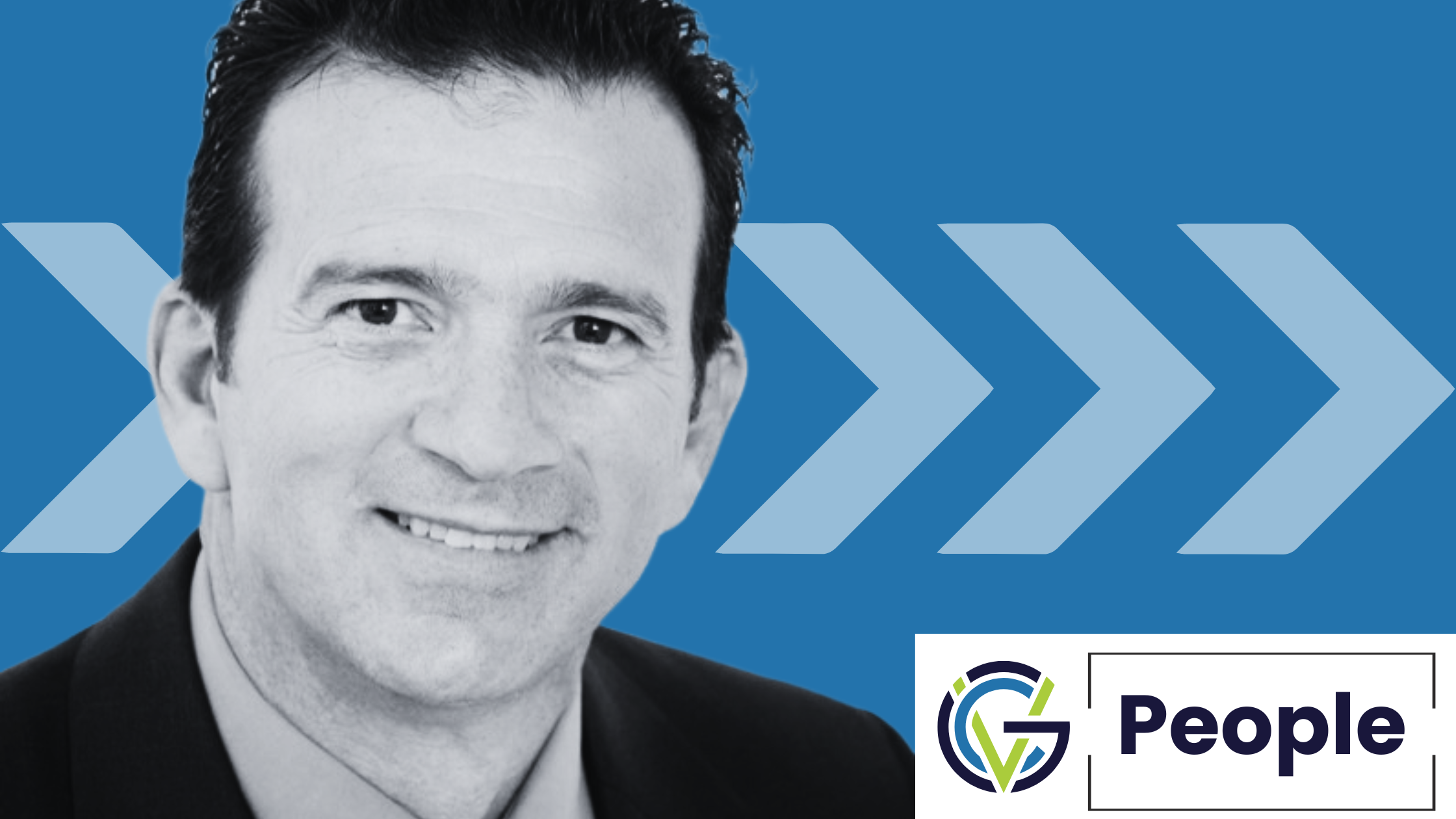The outgoing managing director of Robert Bosch Venture Capital shares his thoughts on the right structure for corporate venture.

From a farm hand in rural Venezuela to one of the world’s longest-serving corporate venture capitalists, Luis Llovera’s career has been a remarkable journey.
It is the next new chapter for Llovera as he retires as the North American managing director at Robert Bosch Venture Capital (RBVC), the CVC unit of the Germany-based industrials group, after almost 16 years. Previously, he spent another seven years at industrial peer Siemens’ telecoms-focused CVC unit, then called Mustang Ventures, having moved initially to the US for university and then to Germany as an engineer to work at Siemens.
Llovera said he hoped to still remain involved in the industry, either raising a debut fund or advising and helping run a new CVC, or “playing a lot of golf”.
While many CVC units fail before their fourth anniversary, according to GCV Analytics, the other concern expressed by some VCs is the relatively high turnover of staff at those units with a longer track record, such as Robert Bosch Venture Capital, which was founded in 2007 with Llovera as an original member.
More than half of his colleagues from a dozen years ago who featured in a Global Corporate Venturing profile have left. But a group of core team members, including Jeff Yu, Gitte Bedford, Gadi Toren, Hongquan Jiang, Jan Westerhüs and Heribert Uhl, remain. The team has more than doubled to 33 in this time under the leadership of Ingo Ramesohl and Philipp Rose.
But, while timing can play a vital role in joining the industry initially – the type of CVC structure that is more likely to survive is less down to chance, he said.
“I don’t think it is luck. Here you have to pick the right structure of a CVC. At Mustang Ventures, the way it was set up, we had a yearly budget that came from the telecom business unit. And at times when the business unit was not doing well, there wasn’t that much money to invest and one of the heads of telecom would say yes or no to the investment.
“That’s the wrong way to do CVC. It has to be independent. You have one LP, that is the corporation. You work for them. You bring value to them, by bringing in startups, making investments, showing them how entrepreneurs work. To learn a different culture, especially for those corporations that have been in existence for so many years, [from] a not-invented-here syndrome.
“Bosch Ventures has a super, super, set up. The decisions are made internally by the venture group, we report to the advisory board, and every three months we report to the CEO.
“Another thing that I would say is, incentivise your people well, be kind, be supportive, give them all the chances in the world to learn. Otherwise, the good people will tend to leave and find other opportunities.”
Llovera added: “There is no better job than venture capital, especially if you have a good team. The [type of] deals that solidified me and made me feel really good and my corporation was Xometry, which went public, and POKA.ai that was acquired. We create deal teams. This is a team effort. I meet with the smartest people in the world, smarter than I am, so I’m always listening.”









